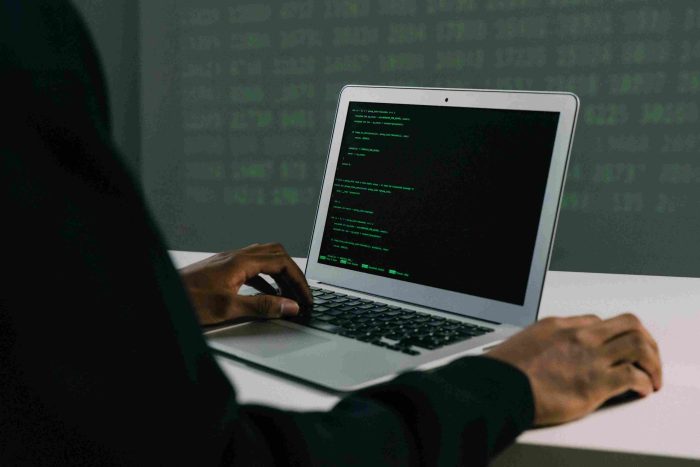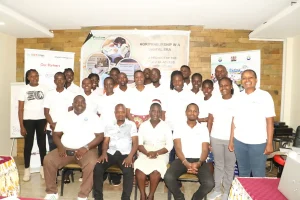By John Walubengo
So, the ongoing agitation from the youth for good governance that has manifested itself in street protests across the country has not been without some data privacy controversy.
As one of the weapons for ‘naming and shaming’, the youth have endeavoured to share personal data of high-ranking government officials, members of parliament and individual citizens who are perceived to be ‘against’ their struggle.
The intention is for these officials to be ‘greeted’ or in local lingua ‘salamiwaad’ by way of relentless messaging from the masses and in some cases, physical visits to personal homesteads.
It seems nobody’s data is safe – many mobile phone numbers allegedly belonging to the President, his close family members, Opposition leader Raila Odinga, the Chairman of the Parliamentary Finance Committee and even the Data Commissioners numbers have been shared online.
Is this legal?
Forcing leading legal minds to debate the legality or otherwise of such actions. Two schools of thought have emerged, one claiming that any public official, by nature of the public office they hold, should be ready to lose part of their privacy in line of duty.
For example, in the US, the medical or mental state of the US President is a matter of public interest, despite being extremely sensitive and personal. The public expects to know personal data about their leaders that they ordinarily would not demand from private citizens.
The other school of thought is that one is still entitled to personal privacy, even as a public official, given that the right to privacy as enshrined in Article 31 of the KE constitution applies to every living human being – both in public and private practice.
Perhaps the truth lies in between these two realities. Public officials do lose certain privacy rights, while still being entitled to their privacy as enshrined in the constitution.
In essence, a public official would have two profiles, the public-facing and the private-facing profiles.
Two Profiles Solution
In practical terms, if we are to use their mobile numbers as an example, one would expect that they have two numbers – one publicly available for office-related duties, and another private number for private, family-related activities.
Those demanding access to public officials, and rightly so, would then be served with the public-facing mobile numbers that the public can use to reach the officials.
The GenZ online activists should then be encouraged and free to publish the public numbers to get their issuers heard. On the other hand, sharing the private number of public officials can only mean a deliberate, nefarious or unethical intent to violate individual privacy.
Such acts even have a chilling effect on state or public officers in ways that may influence how they adjudicate or determine deliberations or matters before them.
This essentially means that the specific democratic rights and freedoms that the GenZs are fighting for, could be undermined or compromised, by any illegal means and methods that they may want to expediently use to achieve their objectives.
As the lawyers would want to remind us – one cannot come to court with dirty hands. Let’s keep the GenZ movement for better governance strong by avoiding underhand mechanisms that can easily betray the cause.
John Walubengo is an ICT Lecturer and Consultant. @jwalu.
![]()




